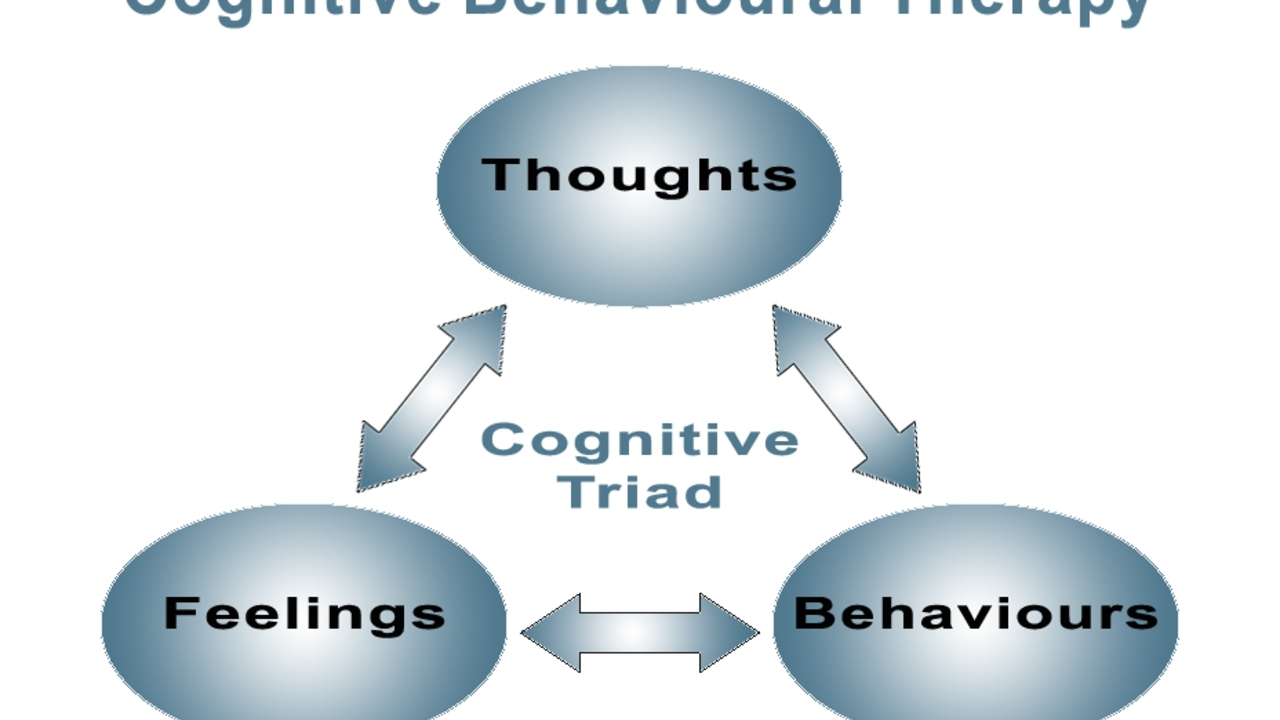ADHD treatment: practical options, meds, and daily strategies
Struggling with focus, forgetfulness, or constant restlessness? ADHD treatment doesn’t look the same for everyone. You can mix medication, therapy, and small daily changes to get better control. This page gives clear, practical options so you know what to ask your doctor and what to try at home.
Medication: what to expect
Medication can reduce core symptoms fast for many people. Doctors usually start with stimulants (methylphenidate or amphetamine-based drugs) because they work quickly for attention and impulsivity. If stimulants aren’t a fit, non-stimulants like atomoxetine or guanfacine are common alternatives.
Things to keep in mind:
- Expect a few weeks to find the right drug and dose — adjustments are normal.
- Watch for side effects: sleep changes, appetite loss, or mood shifts. Tell your clinician early.
- Use a single trusted prescriber so your care stays coordinated.
- Avoid buying meds from unverified sites. Our site has guides on spotting safe online pharmacies and legal issues if you need extras.
Therapy and daily habits that help
Medication often works best combined with behavioral approaches. Cognitive behavioral therapy (CBT) can teach planning, impulse control, and how to handle emotions. For kids, parent-led behavior programs are powerful tools.
Small routine changes make a big difference:
- Break tasks into short steps and use timers (25–40 minute blocks often help).
- Declutter one surface at a time—less visual noise lowers distraction.
- Set consistent sleep times and limit screens before bed; sleep matters more than people think.
- Exercise several times a week—short cardio sessions can sharpen focus that day.
At work or school, ask for simple accommodations: written instructions, extra time for tests, or a quiet workspace. Small changes here often improve performance without major disruptions.
If you’re evaluating your options, track symptoms for two weeks: note sleep, focus, mood swings, and when problems spike. Bring that to your appointment. It helps your prescriber choose smarter, faster.
Parents: watch for different signs at home vs. school. A teacher’s report provides a useful outside view and helps target treatment where the child struggles most.
Adults: ADHD often shows up as chronic lateness, messy tasks, or trouble switching between priorities. Don’t assume it’s just poor willpower—proper treatment can change daily life.
Need help finding safe prescriptions, understanding side effects, or comparing treatment paths? RxStore-365 has articles on safe online pharmacies, medication safety, and troubleshooting prescriptions to guide your next steps. Talk with a licensed clinician before starting or changing meds, and keep communication open as you test what works.
If you want, I can point you to specific articles on medications, online pharmacy safety, or therapy approaches from this site—tell me what you’re curious about.

The Role of Cognitive Behavioral Therapy in Treating ADHD
In my latest research, I've discovered that Cognitive Behavioral Therapy (CBT) plays a pivotal role in treating ADHD. It's a structured therapy that aids in managing symptoms by altering negative thought patterns and fostering positive behavioral change. CBT is often used alongside medication to maximize its effectiveness. I've found that it's particularly helpful for adults with ADHD who may have developed unhealthy coping strategies over the years. Overall, CBT can be an empowering tool for those living with ADHD, providing them with practical techniques to navigate their daily challenges.
Read More




